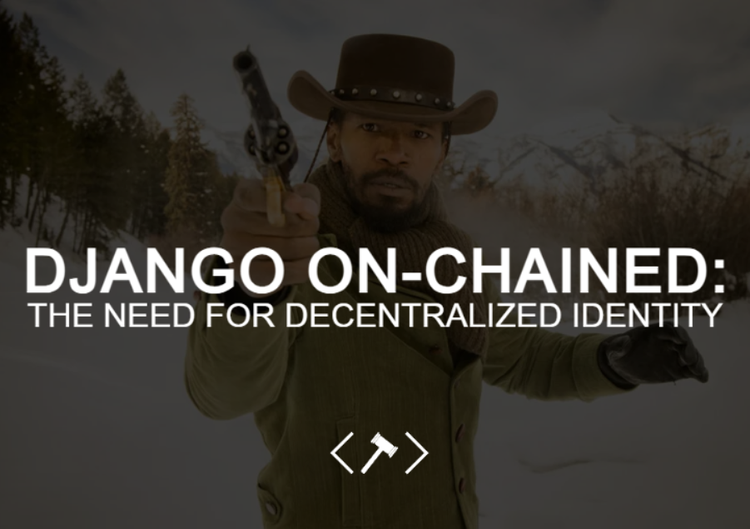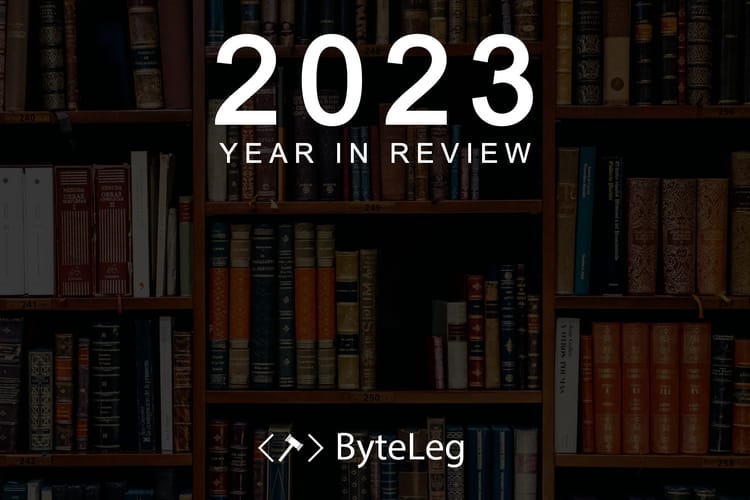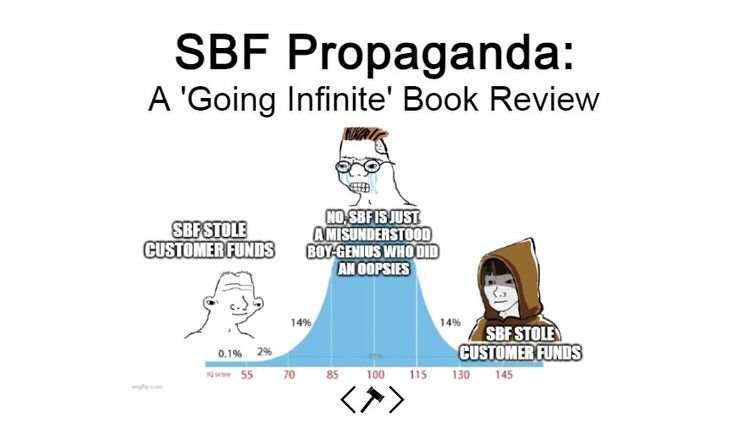Ender’s Game: The Politics of Pseudonymity
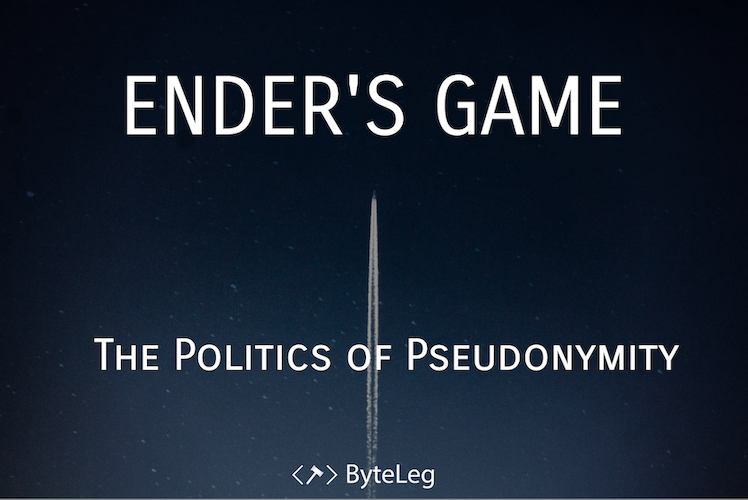
Ender’s Game is one of the best Sci-Fi books of all times. If you haven’t read it, you should ($7.99 on Amazon). The story is approachable for new readers, its world feels grounded and realistic, and it manages to cover some of the most challenging aspects of the human condition: mental health, love, leadership, war, and fear of the unknown, to name a few.
Published in 1985, Ender’s Game won both the Hugo and Nebula awards, the top prizes in Science-Fiction. While there are many aspects of Ender’s Game that can be analyzed, in this piece I’ll focus not on the main character, but on his siblings, Valentine and Peter.
If you like what you read, consider subscribing by clicking below.
Locke and Demosthenes
In Ender’s Game, Valentine and Peter are very much the B-track story. Chapters 1-8 focus almost exclusively on Ender, and chapters 10-15 return this focus. However, in Chapter 9, Ender’s siblings take center stage.
The three siblings are all certified geniuses, though they differ in temperament. The eldest, Peter, is a violent and manipulative sociopath. The middle child, Valentine, is loving and compassionate. The youngest, Ender, is a mix of the two, compassionate and caring but dominant and violent when needed.
After Ender spends chapters 1-8 in military training at the Battle School, Chapter 9 returns to his siblings on earth. Both Valentine and Peter are bored at school, trapped in classes they’re too smart for. Peter has been spending his free time in the deepest parts of the internet and is seeing some disturbing hidden trends: a world war is on the horizon.
While only 12, boy-genius Peter began tracking movements of troops around the globe through classified gaps in train and airfreight manifests. Peter theorizes that the world is about to destabilize in a major way and says:
I’ve been studying history. I’ve been learning things about patterns in human behavior. There are times when the world is rearranging itself, and at times like that, the right words can change the world … there are times when the world is in flux, and the right voice in the right place can move the world.
Peter tells Valentine, 10, that:
there are only two or three thousand people in the world as smart as us, little sister… We can say the words that everyone will be be saying two weeks later. We don’t have to wait until we’re grown up and safely put away in some career. We don’t think like other children… we don’t write like other children. On the nets I can name myself anything I want.
After Valentine agrees to help Peter take advantage of the geopolitical moment, they begin to experiment with pseudonymous accounts, ultimately settling on the names Locke (Peter) and Demosthenes (Valentine). While Demosthenes took positions which were populist and paranoid, Locke took positions that were moderate and empathetic.
By working together, the siblings created dynamic debates between their characters and other throw away accounts, all along a pre-scripted path. While they’re not initially allowed in the largest public forums, they begin in smaller sites to accumulate influence. Slowly, their most memorable phrases and ideas began to seep into the main stream. Peter and Valentine began to hear national politicians unwittingly use the phrases created by two children.
After a year of scripted debates, Valentine’s Demosthenes was invited to write a weekly column for a big publication. Peter’s Locke was invited by an opposing outlet to contrast Demosthenes’ column. Slowly, but surely, the siblings climbed into the ranks of intellectual leaders, all without having revealed their true identities. Eventually, leading national and international leaders would write to them seeking advice, never knowing they were really children.
Pseudonymous Identity and Influence
True pseudonymity in the public square is a relatively new phenomena. Even twenty years ago there was no hope an anonymous blogger could participate in a televised debate. While the internet and the creation of social media platforms allowed users to start down the same path as Locke and Demosthenes, there was always a limit. No cable network would ever put Kakarot123’s avatar side-by-side with a longtime New York Times columnist for a debate. True influence always required a revealed identity and a respected institution to back the identity up.
In recent years outside voices have begun to gain importance in the national conversation. It is no longer outlandish to see someone on CNN with the title “Founder of XYZ newsletter.” While blogs and independent media sites have grown to hold their own, the Substack revolution has created space for the best writers to be rewarded, no matter their medium. Journalists and authors began leaving institutional outlets like the New York Times, Vox, and Rolling Stone to create their own independent outlets. This shift, where it matters less who you write for, than how you write, is important. Institutional reputation has become less important.
While social media sites like Twitter or Facebook have been important to the national discussion, it’s never been quite right. There are too many people interjecting for a real substantive debate to occur - it often devolves into chaos and name calling. Now add Clubhouse to the mix. This audio-first platform allowed for gated debates and discussions between users. If you’re unfamiliar you can watch a demo of it by clicking here. While Clubhouse has largely been subsumed by Twitter Spaces, this invention was important: audio discussions and debates between users, many of whom were pseudonymous.
Enter Crypto.
The earliest adopters of crypto have a heavy libertarian streak in them, something I’ve covered in previous pieces. While this streak presents itself in multiple ways, hiding ones true identity is a very popular way. This streak is easily demonstrated when browsing crypto twitter, where accounts like DC Investor have over 200,000 followers but have not revealed their real names.
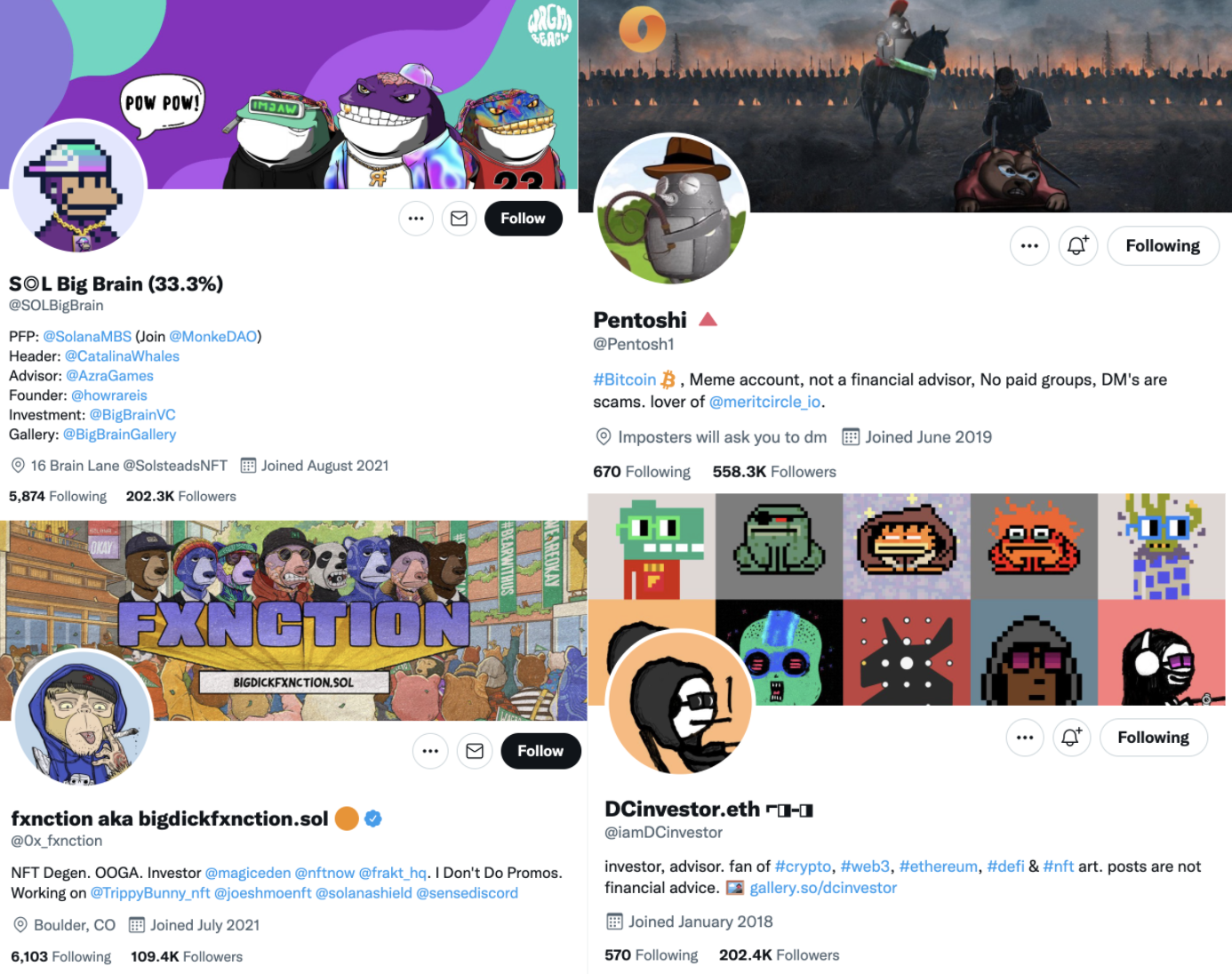
One of the most important aspects of blockchain based technologies is that they enable people to transact without knowing or trusting each other. After the invention of the Ethereum Virtual Machine (EVM), trustless interactions between people who don't know each other grew beyond financial transactions to include social and other use cases.
For example, OlympusDAO is a Decentralized Autonomous Organization (DAO) with more than $358,315,000 in its treasury and 80,000 Discord members. Despite its size, the OlympusDAO founders, Zeus and Apollo, remain pseudonymous. Further, many of the contributors of OlympusDAO are pseudonymous as well - Wartull, Jawz, and dr00** are three randomly picked examples. To demonstrate how much of shift this is, the Eastman Kodak Company has a market cap of $360,000,000, comparable to OlympusDAO. However, unlike OlympusDAO, Kodak has a publicly available Executive Leadership Team and Board of Directors. With hundreds of million of dollars on its balance sheets, no one knows who the founders or employees of OlympusDAO are.
As with OlympusDAO, web3 embraces pseudonymity in the public discourse. Audio-debates conducted via Twitter Spaces or Discord take place between “Punk #6429” and “0xSury.eth.” Thought leaders in crypto are often obscured behind an avatar or username. When investors ask founders to meet in person, or to join a zoom call together, the answer is often “no.” As the internet takes over more of our lives and shifts towards web3, an increasing number of our interactions will be with people we know nothing about.
Lessons from Locke
Writing in 1985, Orson Scott Card’s prediction of a pseudonymous internet seemed far fetched - why would we trust or listen to people we know nothing about? Even 10 years ago, the idea that thousands of people would tune in to a discussion between an ape avatar and a colorful avatar drinking alcohol would have been hard to foresee, and yet it happens regularly:
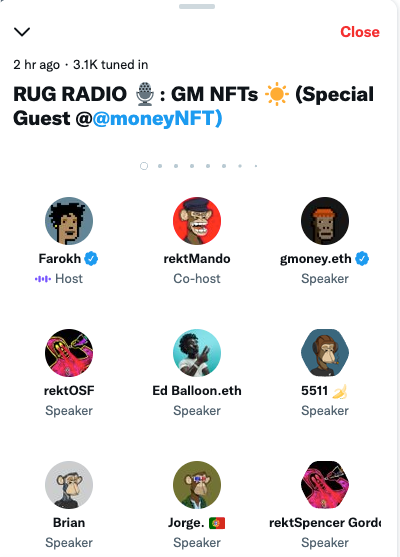
While pseudonymous crypto communities remain relatively small, they’re growing quickly. There’s no reason to believe pseudonymous crypto creators couldn’t grow to rival the largest YouTube or Twitch celebrities. Further, there’s no reason the largest YouTube and Twitch creators couldn’t grow to rival mainstream outlets. Breaking Points, an anti-establishment independent news channel on YouTube, averages more viewers per segment than many mainstream cable news outlets. Spotify paid $200 million to Joe Rogan for exclusive rights to his podcast, The Joe Rogan Experience, which reaches 11 million people per episode. (1) To put that in perspective, Fox News' primetime averages 2.36 million viewers (2), and MSNBC primetime averaged 2.1 million. (3) As crypto communities continue to grow, it’s not a far leap to believe the next Joe Rogan could be pseudonymous.
In examining the fictional rise of Locke and Demosthenes, there are a number of things we can learn, and watch out for, in our future.
First, it’s important to understand the outsized impact a small group of truly dedicated people can have. While Peter and Valentine are just two people, through a well choreographed play, the two are able to bootstrap their way to influence. While fictionalized, this theme can actually been seen throughout history. For example, the 1917 October Revolution in Russia, which lead to the creation of the Soviet Union, was lead by the Bolsheviks, a splintered faction group of larger Russian Social Democratic Labour Party. Twelve years earlier, in 1905, there were only 8,400 members of the Bolshevik faction. In a 350 year old nation with a population of 125,640,021 people, 8,400 dedicated people changed the world. (4) (5) As web3 grows, we must be constantly aware of the dangers of manipulation. Pseudonymous users are often not who we think they are.
Second, Locke and Demosthenes were highly calculated characters, not reactionaries. Early in their plot, Peter and Valentine created throw away accounts to improve their skills and sharpen their messaging. After creating their long term pseudonyms, they made sure to only engage in the debates they wanted. Locke and Demosthenes were always on message:
Sometimes outsiders would interpose comments, but Peter and Valentine would usually ignore them or change change their own comments only slightly to accommodate what had been said.
This is critical to understand. Influence, like trust, is built in drops and lost in buckets. By carefully orchestrating a play, they never had to react to any unexpected demands, they never had to go off script. For this reason, they never became actual politicians, which requires firm, yes or no voting. By remaining in the realms of the public intellectual, the continued to amass influence without needing to compromise to placate an importance constituency.
At the end of the novel, Peter’s pseudonym Locke creates a proposal to avert WW3, which is adopted by the world’s government. Peter chooses this moment to reveal himself to the world as a genius teenager as seize power, becoming the Hegemon, President of the whole world. This decision, of continually accumulating influence and then using it all in one fell swoop is critical. Political favors and credits are difficult to earn and are expended easily.
Finally, the rise of Locke and Demosthenes shows how anyone with good ideas can rise to the top. Peter and Valentine, 11 and 10, use pseudonyms to rise above their social standing and change the world. While this seems impossible, we’ve actually already seen it happen in crypto. At it’s all-time high, Rari Capital, an Ethereum-based lending protocol, had more than $1.6 Billion in locked value. (6) Importantly, one of Rari’s core developers was only 14. (7) To restate: in 2021 an 8th grader was one of 6 teenagers building a company worth more than $1.6 billion.
Conclusion
The idea of teenagers and children using pseudonyms to interact with adults is no longer a far away prediction - it’s happening today. While today’s pseudonymous accounts live on the edges, they will move increasingly towards the center of our business and political debates. Just last month the Washington Post ran a story revealing the identity of a pseudonymous conservative twitter account. (8) As pseudonyms grow in our national debates, be on the lookout for Locke and Demosthenes.

-Michael
If you made it this far, you'll probably like my other work. Click below to make sure you don't miss out:


